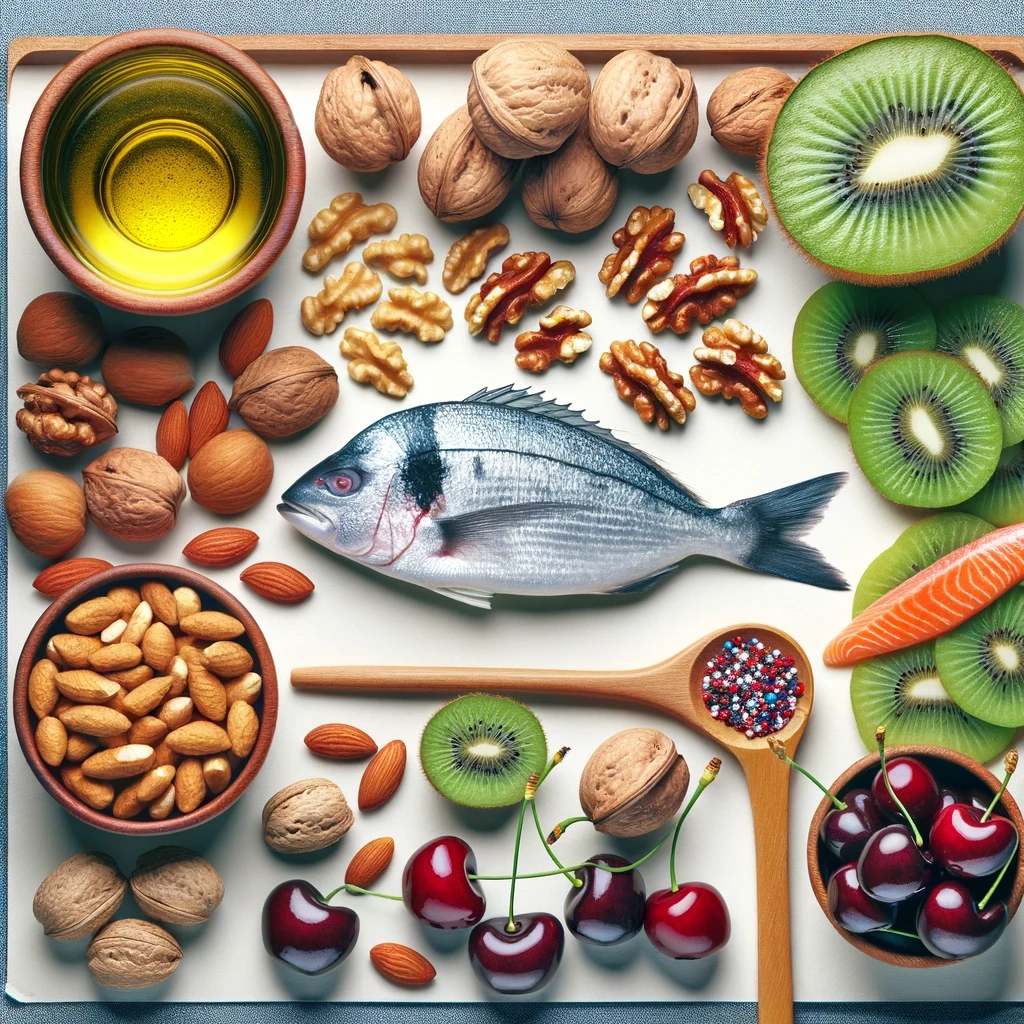Overcome Insomnia Naturally : Experiencing insomnia can feel like an uphill battle, with every night turning into a cycle of frustration. However, there are practical and effective ways to combat this sleep disorder and embrace a restful night’s sleep. Below are 10 realistic strategies to help you overcome insomnia, designed with SEO optimization in mind to ensure this vital information reaches those in need.

Overcome Insomnia Naturally – 10 Remedies
- Establish a Sleep Schedule
Consistency is key when it comes to sleep. Try to go to bed and wake up at the same time every day, even on weekends. This helps regulate your body’s internal clock and can significantly improve your sleep quality. - Create a Bedtime Ritual
Developing a pre-sleep routine can signal your body that it’s time to wind down. This might include reading, taking a warm bath, or practicing relaxation exercises. Avoid screens at least an hour before bedtime, as the blue light can interfere with your ability to fall asleep. - Optimize Your Sleep Environment
Make sure your bedroom is conducive to sleep. This means a comfortable mattress, minimal noise, cool temperature, and low light levels. Consider blackout curtains, eye masks, or white noise machines if you’re sensitive to light or sound. - Mind Your Diet
What you eat and drink before bed can affect your sleep. Avoid heavy meals, caffeine, and alcohol close to bedtime. Instead, opt for a light snack if you’re hungry, such as a banana or a small bowl of whole-grain cereal. - Stay Active
Regular physical activity can help you fall asleep faster and enjoy deeper sleep. However, try not to exercise too close to bedtime, as it might keep you awake. - Manage Stress
Stress and worry are common causes of insomnia. Techniques like mindfulness, deep breathing exercises, or journaling can help manage stress levels and make it easier to fall asleep. - Limit Naps
While napping can be a way to catch up on missed sleep, long or irregular napping during the day can affect your sleep at night. If you must nap, limit it to 20-30 minutes earlier in the day. - Try Relaxation Techniques
Guided imagery, meditation, and progressive muscle relaxation can be effective ways to relax your mind and body before bed. There are many free apps and online resources that can guide you through these practices. - Evaluate Your Sleep Aids
Be cautious about relying on sleep medications or over-the-counter aids. While they can be helpful in the short term, they’re not a long-term solution and can lead to dependency. Always consult with a healthcare provider before starting any sleep medication. - Seek Professional Help
If self-help strategies aren’t effective, it may be time to consult a healthcare provider. They can help identify any underlying causes of your insomnia and recommend appropriate treatments, such as cognitive-behavioral therapy for insomnia (CBT-I), which has been shown to be an effective long-term treatment for insomnia.

Foods to help with insomnia
To help with insomnia, incorporating certain foods into your diet can be beneficial due to their nutritional content that supports better sleep quality. Here are some foods recommended by sleep and nutrition experts:
- Kiwi: Rich in vitamins C and E, potassium, and folate, kiwi has been found to improve sleep when eaten before bedtime.
- Tart Cherries: Known for their high concentrations of melatonin, tart cherries or tart cherry juice can enhance sleep efficiency and duration.
- Malted Milk: Drinking malted milk before bed has been linked to reduced sleep interruptions, possibly due to its vitamin B and D content.
- Fatty Fish: Rich in vitamin D and omega-3 fatty acids, fatty fish like salmon have been shown to improve overall sleep and daytime functioning.
- Nuts: Varieties such as almonds, walnuts, pistachios, and cashews contain melatonin and essential minerals that can aid sleep.
Additionally, incorporating certain types of foods that calm the body and increase serotonin levels can also promote restful sleep. These include:
- Complex Carbohydrates: Whole-grain bread, cereals, pasta, and brown rice can help increase serotonin levels, aiding in better sleep.
- Lean Proteins: Foods like low-fat cheese, chicken, turkey, and fish are high in tryptophan, which boosts serotonin levels.
- Heart-healthy Fats: Unsaturated fats found in nuts and peanut butter can improve serotonin levels.
- Foods High in Magnesium: Magnesium-rich foods like leafy greens, nuts, seeds, avocados, and black beans can enhance sleep quality.
- Herbal Teas: Beverages like chamomile or peppermint tea can have a calming effect and are great before bedtime.
For individuals dealing with insomnia, integrating these foods into the diet might offer a natural way to improve sleep quality. It’s always a good idea to consult with a healthcare provider for personalized advice, especially if sleep issues persist.

Conclusion
Overcoming insomnia is a journey that requires patience, consistency, and sometimes professional guidance. By implementing these strategies, you’re taking important steps towards achieving restful sleep and improving your overall health and well-being. Remember, if insomnia persists, seeking help from a sleep specialist can provide you with personalized strategies and support to conquer sleepless nights.
In crafting this blog post, keywords related to overcoming insomnia, such as “natural remedies for insomnia,” “how to improve sleep quality,” and “insomnia treatment strategies,” were strategically used to optimize search relevance and ensure it reaches those seeking solutions.
핑백: Multiple Uterine Fibroids: A Comprehensive Guide